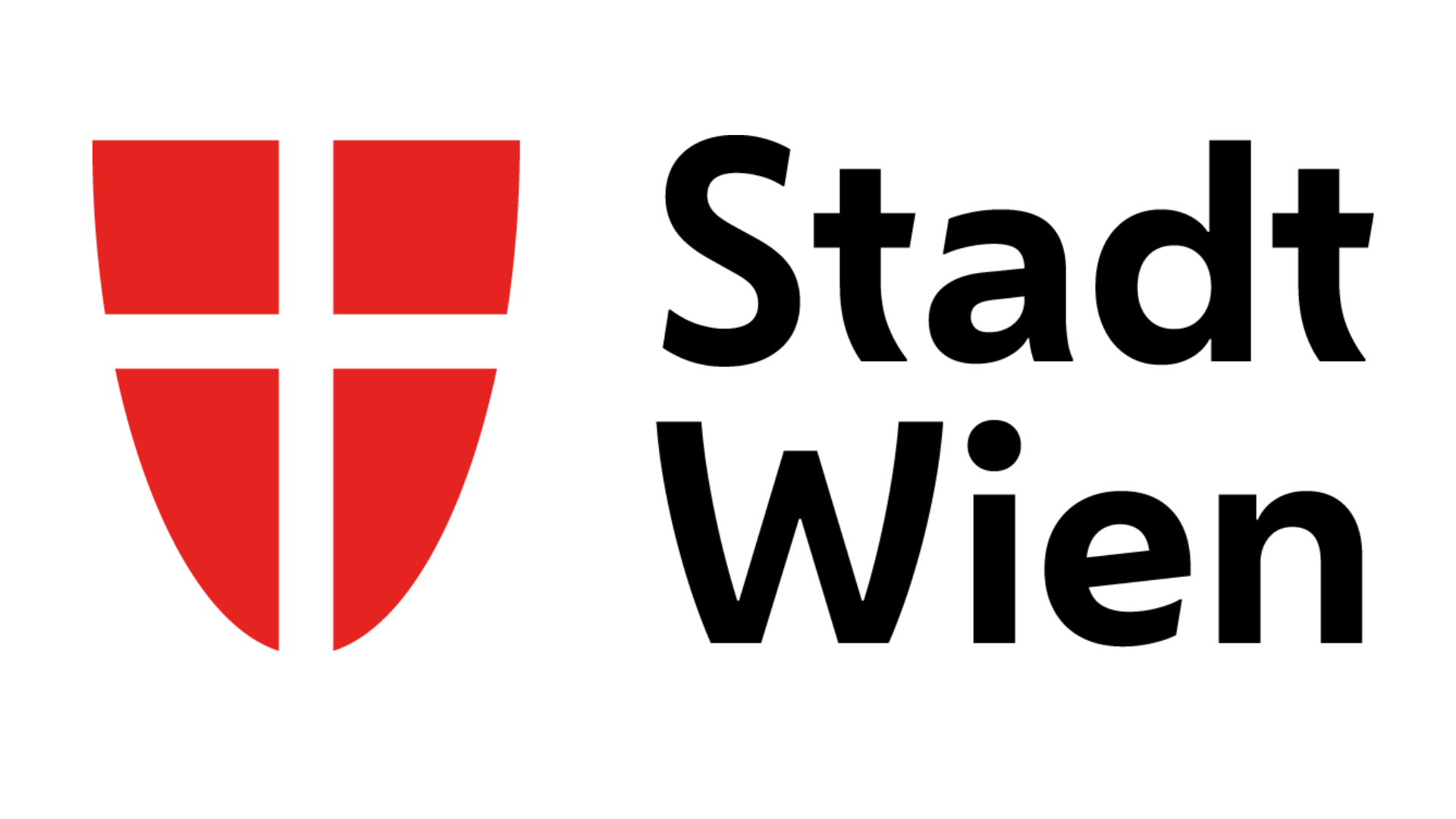Data Excellence in the City of Vienna
With the establishment of data excellence in the City of Vienna with dataspot., an extensive data landscape of over 200,000 metadata records was created. These describe the city administration's data, which is accessible to all employees, but must also be quality-assured in order to deliver the full benefit for everyone.
Metadata is for life, not just for Christmas
Everyone who has children knows the calls for a pet that get louder and louder at Christmas. But what happens to the pet once the initial joy over the new family member has faded? Who takes care of it and makes sure it is well?
It's the same with metadata as with pets: everyone wants it, but who keeps it up to date and ensures its quality? In our DX Community “Data Quality”, Michael Fatzi, Metadata Manager of the City of Vienna, reported on how the City of Vienna has tackled this problem with dataspot. and is providing its metadata with a species-appropriate home.
With the establishment of data excellence in the City of Vienna with dataspot., an extensive data landscape of over 200,000 metadata records was created. These describe the city administration's data, which is accessible to all employees, but must also be quality-assured in order to deliver the full benefit for everyone.
Generating metadata benefits
Michael Fatzi ensures that the high demands placed on metadata in terms of up-to-dateness, availability, flexibility and company-wide consistency are met. Metadata quality management ensures the quality of the metadata itself.
The metadata manager makes it clear that a solid foundation is required to achieve high data quality. Stringent methodologies and approaches for all areas of data excellence make metadata management feasible.
How does the City of Vienna ensure the quality of its metadata?
When it comes to data quality, metadata is treated like real data: By means of defined data quality indicators (DQIs) in dataspot. The DQIs define for dedicated metadata what constitutes a “good” metadata point and also the framework in which the measured quality is to be understood. Based on these definitions and the metadata, which are connected like any other data source, the Quality Framework can perform the measurements in the DWH.

Michael Fatzi aggregates these results in a metadata dashboard and makes them available per data domain.
How does this work in practice?
What constitutes good metadata quality is defined by the data stewards of the individual areas themselves: As experts in their own areas, they are best placed to make this assessment. To ensure that the metadata remains harmonized and comparable across the data domains, typical DQ areas such as completeness, timeliness or accuracy are taken into account when creating the indicators.
Once the indicators have been defined in dataspot., the quality can be measured in the DWH. The Quality Framework carries out the measurements and displays the results in a metadata dashboard. The dashboard offers different views - per data domain or as a whole. This addresses the needs of both metadata managers (overall view) and data stewards (data domain view) and makes the current status of the metadata visible.
Huge success: what's different now?
Michael Fatzi considers it a great success that a standard for metadata quality has been established. All participants in the DX organization are clear about what is required to maximize the benefits of metadata. The clear and timely view of the status of the metadata enables him as metadata manager to ideally support the city's data stewards with targeted offers. The automated framework provides support where it is needed without major additional effort - and Michael Fatzi has more time for other metadata management projects.
What did it take to achieve this success? Michael Fatzi sees the strong foundation that the City of Vienna has built up with dataspot. in the areas of data excellence and metadata management in recent years as essential. As a result, there is clarity regarding the goals, procedures and expectations that have subsequently made implementation possible. The high level of DX training of the data stewards also makes it possible to operate a sophisticated metadata management system. Overall, Michael Fatzi shows the DX community how it is possible to integrate metadata into the organization in the long term so that metadata has a lasting benefit and not just when it is created.
Metadata must be maintained, must be alive. They require clear, practicable and binding governance. This ensures quality and creates added value.

Michael Fatzi
Metadatenmanager
City of Vienna
